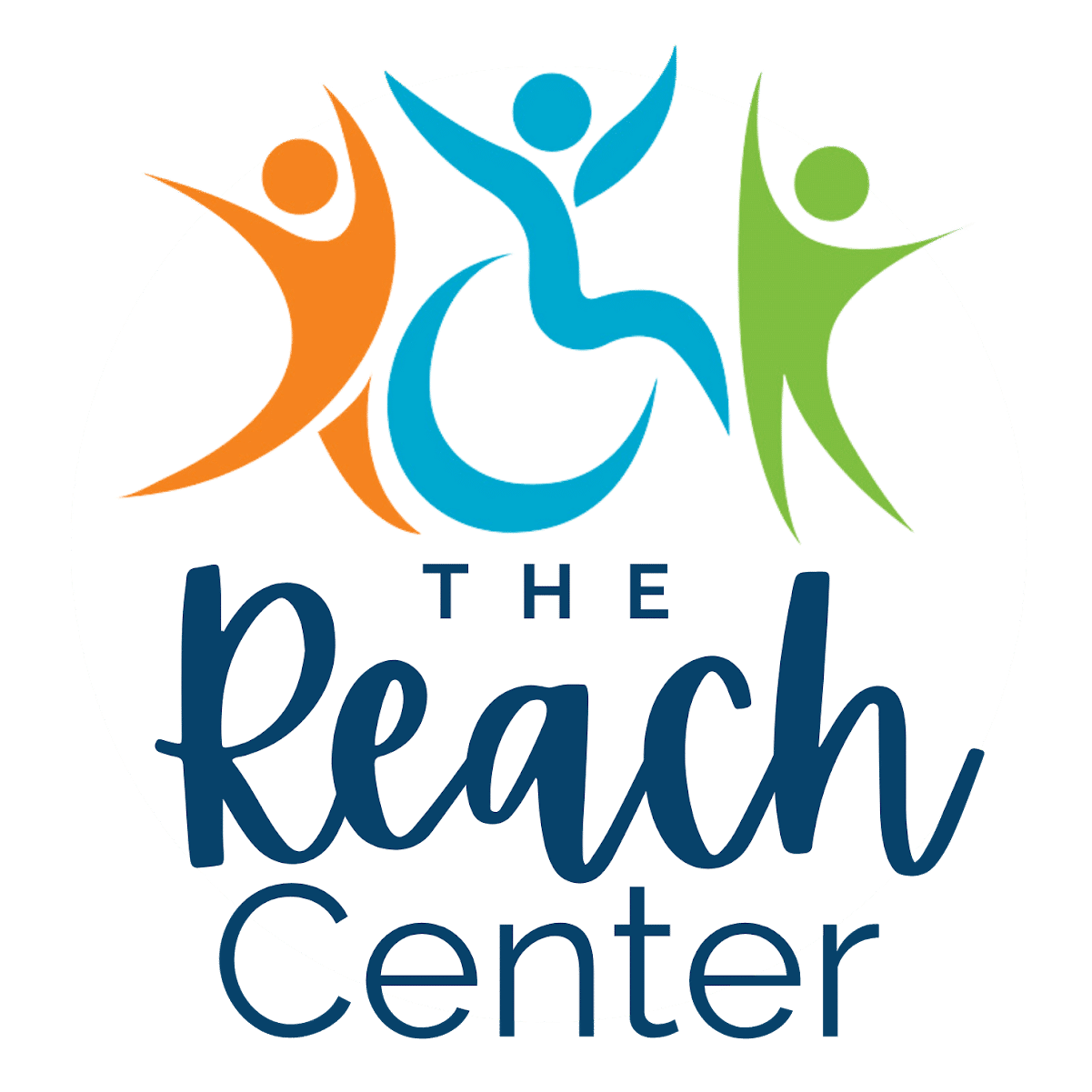Concussion is often called “the invisible injury” because it cannot be seen by looking at the person and symptoms can be delayed or go unnoticed. About 70% of concussions in children are sports-related. It is estimated that 1.1 million to 1.9 million sports-related concussions occur annually in the United States in children 18 years of age or younger. However, concussions can occur anytime there is an impact on the head or when the head and neck are jerked rapidly.
Sports-Related concussions
Sports-related concussions (SRCs) are a type of mild traumatic brain injury (mTBI) caused by a blow or jolt to the head that results in rapid movement of the head and brain. SRCs can occur in any sport or recreational activity, but football, ice hockey, lacrosse and rugby pose the greatest risk of concussion. Girls who play soccer and basketball are also at increased risk for concussion.
Non-sports-related concussions
Non-sports-related concussions are a type of head injury that can occur when a person experiences a sudden, forceful impact to the head that doesn’t involve participation in a sport or recreational activity. This type of concussion can occur from a fall, car accident or other type of traumatic event. Non sports-related concussions can be serious and should be treated by a medical professional.
Symptoms of concussion
No matter what causes the concussion, the symptoms are the same. Symptoms may be physical but they can also include changes in mood or behavior. Behavioral symptoms can show up right after the injury or days or weeks later. Common symptoms include:
- Headache
- Nausea
- Vomiting
- Neck pain
- Dizziness
- Fatigue
- Sensitivity to light and noise
- Feeling slowed down mentally and physically
- Difficulty concentrating and thinking clearly
- Memory problems, especially with short-term memory
- Confusion
- Feeling “off” or out of balance
- Irritability and mood swings
- Sleeping more than usual or having trouble sleeping
- Loss of interest in activities once enjoyed
It is very important to be aware of these symptoms and to tell a doctor if your child experiences any of them. The sooner a concussion is diagnosed and treated, the less likely it is that there will be long-term problems. Most children recover from concussion within a few weeks. However, some children have more prolonged symptoms and can be considered to have post-concussive syndrome. If your child experiences a concussion, they should see their pediatrician for recommendations. If symptoms are prolonged, or if your pediatrician is not comfortable treating concussion, your child should see a specialist for concussion management.
Long-term effects of concussions
There is still much unknown about the long-term effects of concussions. However, there are some potential risks that have been identified. These include an increased risk for developing chronic traumatic encephalopathy (CTE), which is a progressive degenerative disease of the brain. Other risks include cognitive and emotional problems, as well as difficulty with impulse control. Concussions can also increase the risk for developing other injuries. For example, a child who has suffered a concussion may be more likely to have another concussion if they return to play too soon.
It is important to note that not every child who suffers a concussion will experience long-term problems. However, parents should be aware of the risks and to take steps to minimize those risks, following the advice of a doctor.
